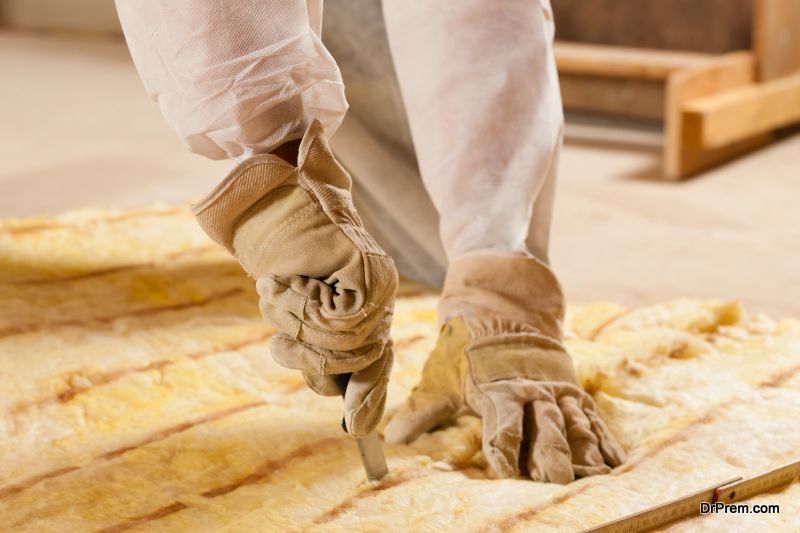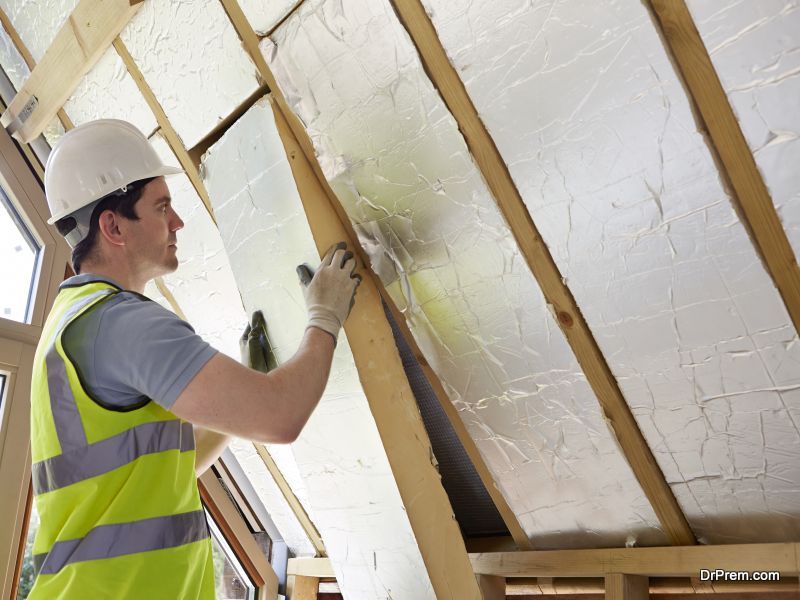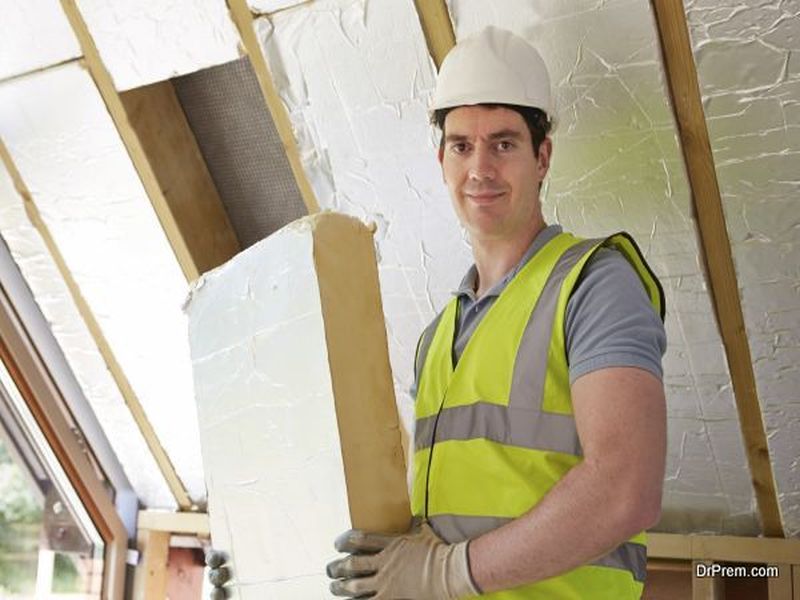Insulation is an effective way to keep your office cold or warm to save money on energy bills. Energy bills tend to rise from November to January, and from May to August during extreme weather temperatures. Therefore, if you want some control over your energy bills, you need to get your roof insulated.
But a question that commonly arises is: Is insulation worth it? This is a considerable investment considering material and labor costs. So, does investing in insulation really make a considerable difference to your bills or not? Time to find out!
Some Facts You Should Know
 Insulation is low maintenance and can last you a very long time if done properly. You end up losing 35% of heat or coolness via roof and walls if you don’t have insulation. Many financial programs help you get your office insulated if you don’t have the means otherwise.
Insulation is low maintenance and can last you a very long time if done properly. You end up losing 35% of heat or coolness via roof and walls if you don’t have insulation. Many financial programs help you get your office insulated if you don’t have the means otherwise.
Insulating the Roof
Also known as loft insulation, roof insulation is quite affordable as compared to other insulation plans. It will cost you around $500 to cover a normal size loft with 270mm insulation. This can help you save around $400 per year on energy bills.
Here is the catch, insulation can last a long time and it also keeps the temperature pleasant for years to come.
Keeps You Healthy
 Yes, we said that! Insulating your office can help improve your health. If you live in draughty and cold structures, you are more likely to develop health issues as compared to people who live in a better environment. Having a warm and secure place to rest can make you feel better. If you can’t afford insulation, then you can’t turn down the heat.
Yes, we said that! Insulating your office can help improve your health. If you live in draughty and cold structures, you are more likely to develop health issues as compared to people who live in a better environment. Having a warm and secure place to rest can make you feel better. If you can’t afford insulation, then you can’t turn down the heat.
The good news is, you can get some financial help to insulate your dwelling. You can get financial help from loan lenders, government schemes, your bank, etc. There is no getting around the fact that if you live in a cold region, keeping your house warm will cost a fortune.
Considering the fact that Gas and Oil keeps shooting up in price, you need to come up with a viable solution that will work in the long run. If you don’t want to wear bulky sweaters or turn down your thermostat, then you better invest in proper insulation.
What You Need To Know
Before you hire a professional, you need to do your own research to make sure you get the most bang for your buck. First, determine the Target R-value. This is divided between R-30, R-38 and R-49. For example, if you live in cold climate, R-49 will serve you best.
Don’t forget to check the rebate and credit in your region. Tax credits for weatherizing your home and improving its energy efficiency went out a while ago. However, you can get a discount or rebate from your local energy association. So, make sure you check with them.
Last but not least, be careful how much insulation you buy. Measure the square footage; this will help you make the right decision.
Article Submitted By Community Writer


